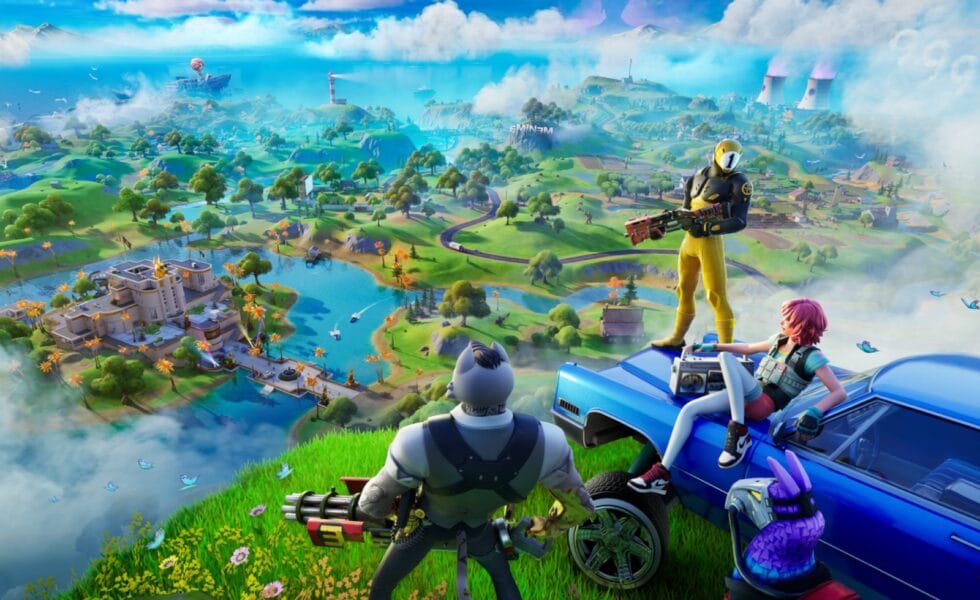Gamers have always been the kind of people who tinker. They mod, they remap, they dig into settings until every pixel and ping is just right. It’s not just about what’s on the screen anymore. Now the focus is how you access it, how you control it, and how much of yourself you actually hand over in the process.
That instinct for customisation is pushing beyond the games themselves. Players want platforms that match their pace and music that matches their mood. And increasingly, digital spaces that don’t ask for a full dossier just to log in.
Control is the Real Meta
Whether you’re buying a rare vinyl pressing through a one-off link in a Discord server or switching between five different launchers to get your co-op group together, there’s an unspoken rule: less friction, more freedom.
It’s the same logic that’s seen a shift in how some gamers engage with side-platforms that offer more than just play. One example that’s popped up is the use of offshore gambling sites – not because of any get-rich-quick angle, but because they reflect a growing interest in platforms that don’t demand everything up front. For some, the appeal lies in the access rather than the action.
While traditional casino setups tend to follow heavy-handed verification protocols, these offshore options often cut the noise, giving users a more direct, lightweight experience. It’s not about endorsement, it’s about observing how digital spaces are evolving to meet the same expectations players now apply to everything they interact with.
It’s Not Just a Game Anymore
The same player who spends three hours theory-crafting a gear loadout is the same one finding ways to bypass clunky interfaces and opt-in systems. It’s not always about what’s allowed, it’s about what works. That mindset has become core to gaming culture, especially in a climate where privacy, speed, and autonomy matter more than ever.
Casino-style platforms are just one thread in a bigger pattern – one that reflects how players are curating their experience not just within the game, but around it. Payment flexibility, anonymous logins, and a “don’t ask, don’t slow me down” approach resonate with a community that grew up rejecting default settings.
Today’s gamers are musicians, artists, coders, streamers and scene-makers. They’re running private servers, making zines, and building playlists that hit harder than the official soundtrack. The same DIY energy that fuels all of that is starting to influence how people approach digital environments more broadly.
None of this is about pushing people toward one specific kind of platform. It’s about recognising that the demand for control and ease-of-use is universal.
In the end, the real win is having options. And the more seamless those options get, the more time players can spend doing what they came to do in the first place: play.






